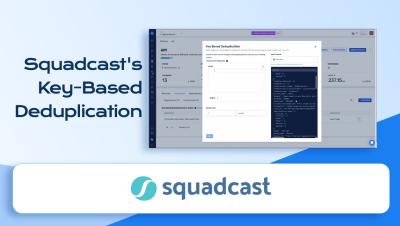Operations | Monitoring | ITSM | DevOps | Cloud
SRE
The latest News and Information on Service Reliability Engineering and related technologies.
Why Resilience Engineering Needs To Be A C-Level Strategy & How To Get There
The consequences of downtime and data breaches can be devastating to organizations, leading to substantial financial losses and irreparable damage to a business’s reputation. If last week's outage by the Bank of England is anything to go by, after losing trillions of £’s per day due to downtime, resilience shouldn’t just be an afterthought for organizations.
Latest Developments in Site Reliability Engineering, 2023
Gartner recently published its Hype Cycle for Site Reliability Engineering, 2023, (July 2023) report. OnPage was inspired by this report to share its prediction about the future of site reliability engineering. In this blog, OnPage will review evolutionary tools that can improve site reliability engineering practices.
Levitate - Last9's managed TSDB is now available on the AWS Marketplace
Levitate - Last9's managed TSDB is available on AWS Marketplace.











